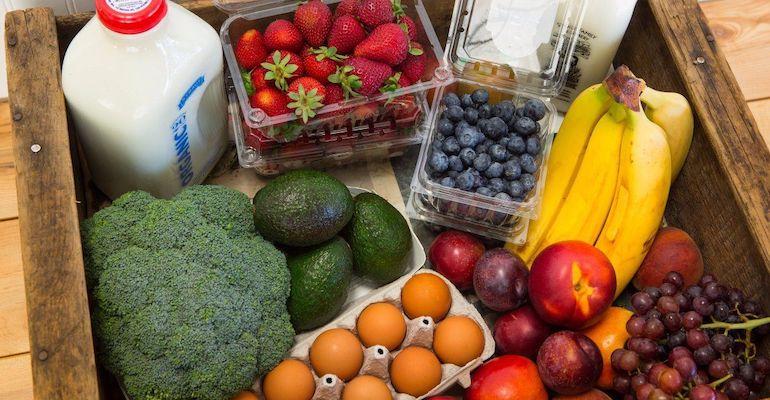Next month, online grocer Farmstead plans to bring its service to Charlotte, N.C. — the first expansion beyond its San Francisco Bay Area hometown market — under a “dark store” strategy.
Burlingame, Calif.-based Farmstead said it has opened the waitlist for the Charlotte launch, slated for November. The first 1,000 customers who sign up for the waitlist get $30 off their first delivery.
Farmstead unveiled its Carolina expansion plan in September 2019 as part of a partnership with food distributor and retailer Alex Lee Inc. Under the deal, Farmstead aims to open multiple “microhubs” in the Carolinas to fulfill online grocery orders. Alex Lee, owner of grocery wholesaler Merchants Distributors (MDI) and supermarket chain Lowes Foods, will serve as the primary supplier for the e-commerce hubs.
Through Farmstead, customers will be able to order all of their groceries — ranging from high-quality local brands such as Cheerwine and Sundrop to national brands such as Kraft and Nabisco — as well as fresh meat, dairy and produce from one place, the online grocer said.
“We are thrilled to make the Carolinas our first expansion market and bring Farmstead to the East Coast,” Pradeep Elankumaran, co-founder and CEO of Farmstead, said in a statement. “Stay-at-home directives made it clear that online grocery should be a utility in this day and age. It should be cheaper and more convenient than going to the store, with no fees and the best local and national products delivered right to your doorstep. We’re thrilled to be launching in the Queen City.”
Farmstead said its delivery-centric microhubs can serve online grocery customers within a 50-mile radius. The facilities can be built in less than eight weeks for $100,000, whereas brick-and-mortar supermarkets can cost up to $10 million and take 18 to 24 months to construct while serving a five-mile radius, according to the company. As a result, Farmstead and Alex Lee will be able to enter new market areas faster, the companies said.
At its launch in 2016, Farmstead said it aimed to “reinvent” the supermarket model via analytics and technology, enabling the delivery of food “from farm to fridge” in 60 minutes. The company said it has since perfected the microhub model in the San Francisco area and now plans to expand to other parts of the country, targeting a primarily midmarket customer base. According to Farmstead, this cost-effective business model has allowed the company to offer prices competitive with most supermarkets but with free delivery over a wider area. In addition, the model helps reduce food waste by three- to fourfold as well as cut down on out-of-stocks, the retailer said.
Farmstead reported that its customer base has grown by double digits, month over month, throughout 2020. In September, the company began making its Grocery OS delivery software available to other grocery retailers nationwide. The solution is designed to boost the delivery capacity and profitability of retailer-controlled pickup/delivery fulfillment operations — whether from a supermarket, “dark store” space or delivery-only warehouse — and enable self-management of marketing, order picking, packing and delivery.





